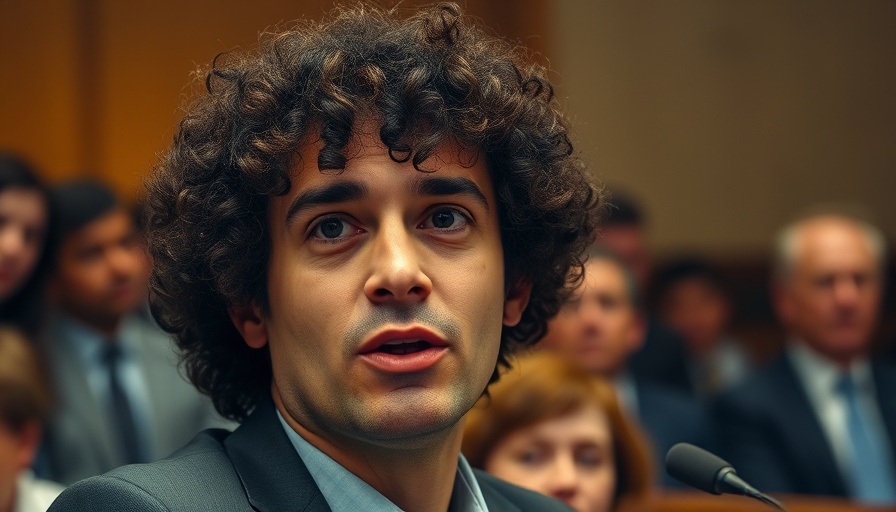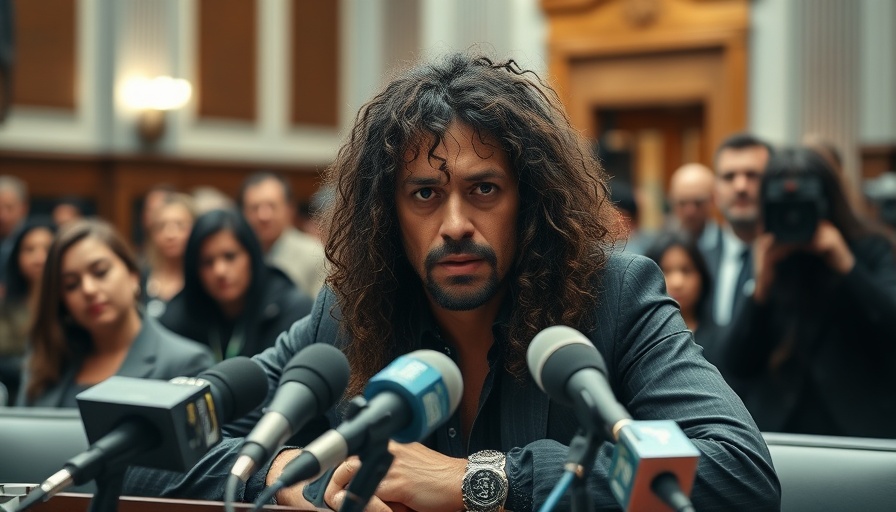
Historical Context: The Music Debate of the 1980s
In the vibrant culture of the 1980s, music became not just a form of entertainment but a lightning rod for societal issues. The emergence of hard rock and heavy metal stirred palpable concern among parents and certain political leaders. Tipper Gore, then the Second Lady of the United States, took a prominent stand when she co-founded the Parents Music Resource Center (PMRC) aimed at addressing explicit content in music. This effort sparked a heated debate over censorship, artistic freedom, and parental rights—topics that resonate even today.
Why This Fight Matters Today
The implications of the PMRC's actions were not merely confined to the past. Decades later, the conversation around content regulation in music and digital media continues. With the rise of streaming platforms, concerns about the influence of explicit lyrics on youth remain relevant, igniting discussions about parental involvement and digital literacy. Understanding the roots of today's music censorship movements enriches our conversations around media consumption in a digital age.
Parental Advisory: A Product of Cultural Conflict
The controversial "Parental Advisory" label on music exemplifies a compromise birthed from cultural conflict. This label sparked fierce debates in Washington, drawing artists like Dee Snider of Twisted Sister to defend their musical expressions under the First Amendment. The label itself became synonymous with music that challenged the status quo and encouraged listeners to think critically about censorship and its consequences.
Taking Action: What Parents Can Do
In light of these historied debates, parents today can take proactive steps in guiding their children's media choices. Engaging in open discussions about music, its messages, and the artists behind it fosters critical thinking. Additionally, utilizing parental controls on streaming services allows for a tailored approach to content consumption, ensuring that families can navigate the evolving landscape of music and media responsibly.
 Add Row
Add Row  Add
Add 




Write A Comment